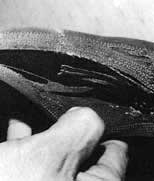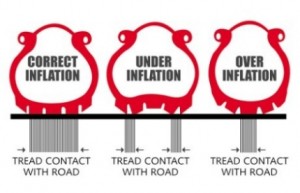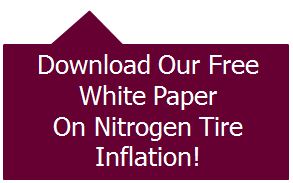 Tires are a crucial part of vehicle maintenance, but often get the least attention. Everyone focuses on the engine while simply ensuring that the tires are inflated, or checking to see if they need to be rotated or changed entirely because the tread wear it too low. However, tires need much more attention than that. They can’t be treated like other parts of the car where you can simply replace them when they wear out. How should you treat your tires? Our article roundup regarding tire care and maintenance has everything you ought to know about giving your tires the care they need.
Tires are a crucial part of vehicle maintenance, but often get the least attention. Everyone focuses on the engine while simply ensuring that the tires are inflated, or checking to see if they need to be rotated or changed entirely because the tread wear it too low. However, tires need much more attention than that. They can’t be treated like other parts of the car where you can simply replace them when they wear out. How should you treat your tires? Our article roundup regarding tire care and maintenance has everything you ought to know about giving your tires the care they need.
How Maximum Tire Pressure and Saving Gas are Related – Your tire pressure affects your gas mileage, and an over-inflated tire hurts your fuel efficiency (and your tire’s tread wear) as much as an under-inflated tire. Some have recommended that maximum tire pressure is what you need to have the best fuel efficiency and the safest ride, but this isn’t exactly the case. Proper tire pressure is not the same as maximum tire pressure.
3 Things You Need to Know About Buying New Tires – When purchasing a set a new tires for your car or managed fleet vehicles, there are three factors you need to consider: size, performance, and weight. Size is of particular importance, as a tire’s fit can be off by a few millimeters, and those few millimeters can mean that yours will lose its pressure much more quickly. Obviously, the tires needed for a tractor trailer aren’t the same as those needed for a two-door, but determining the right size for your car is much more complicated than that.
How Water Harms Your Tires – Water isn’t good for your tires. You don’t want to be driving with it sloshing around inside, which can happen if the air you use to inflate your tires has water vapor (which happens more often than not). Water can deteriorate the rubber of your tire, rust the axel, and cause your tire pressure to fluctuate more often as the water heats and cools as you drive. Removing the water vapor from the air when you inflate your tire, even if you do it yourself, is much harder than it sounds.
The Cost of Under-inflated Tires – Under-inflated tires hurt your fuel economy, your tires, and even your safety. Under-inflated tires also hurt because it can be hard to tell when your tires are under-inflated. You can’t always tell by looking at them, and if you’re using regular air, then your tire pressure is likely to go up or down, depending on when you measure it because the heat from driving will increase the pressure.
Guess What? Air Isn’t Free Anymore. Nitrogen Tires are a Better Deal – One of the arguments against nitrogen tire inflation is that air is free, so why pay the money? But, not everyone offers the service for free anymore, where it can cost up to $2 to use an air compressor. With this in mind, comparing nitrogen tire inflation and air tire inflation becomes a product/service comparison instead of a straight price comparison. Does a $2 charge mean you’re only getting $2 worth of tire inflation?
Prep Your Tires for Summer Travel Season – Winter may not be over yet for a few more weeks, but summer travel season (especially Memorial Day Weekend) is the weekend with the highest incidences of tire troubles. This includes blowouts, flat tires, and other scenarios that require the help of AAA. Stay safe as you use your long weekend for a quick vacation by prepping your tires for the road trip ahead.









